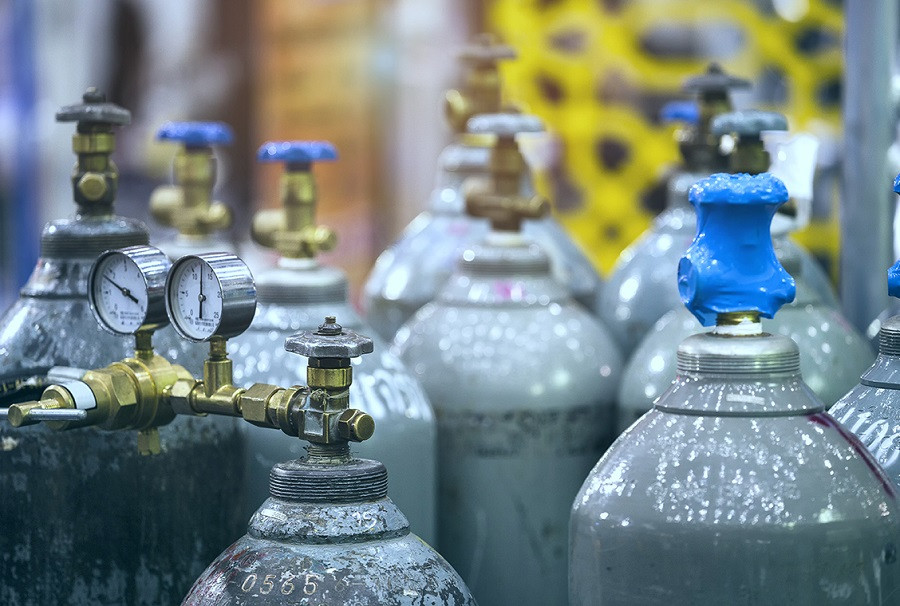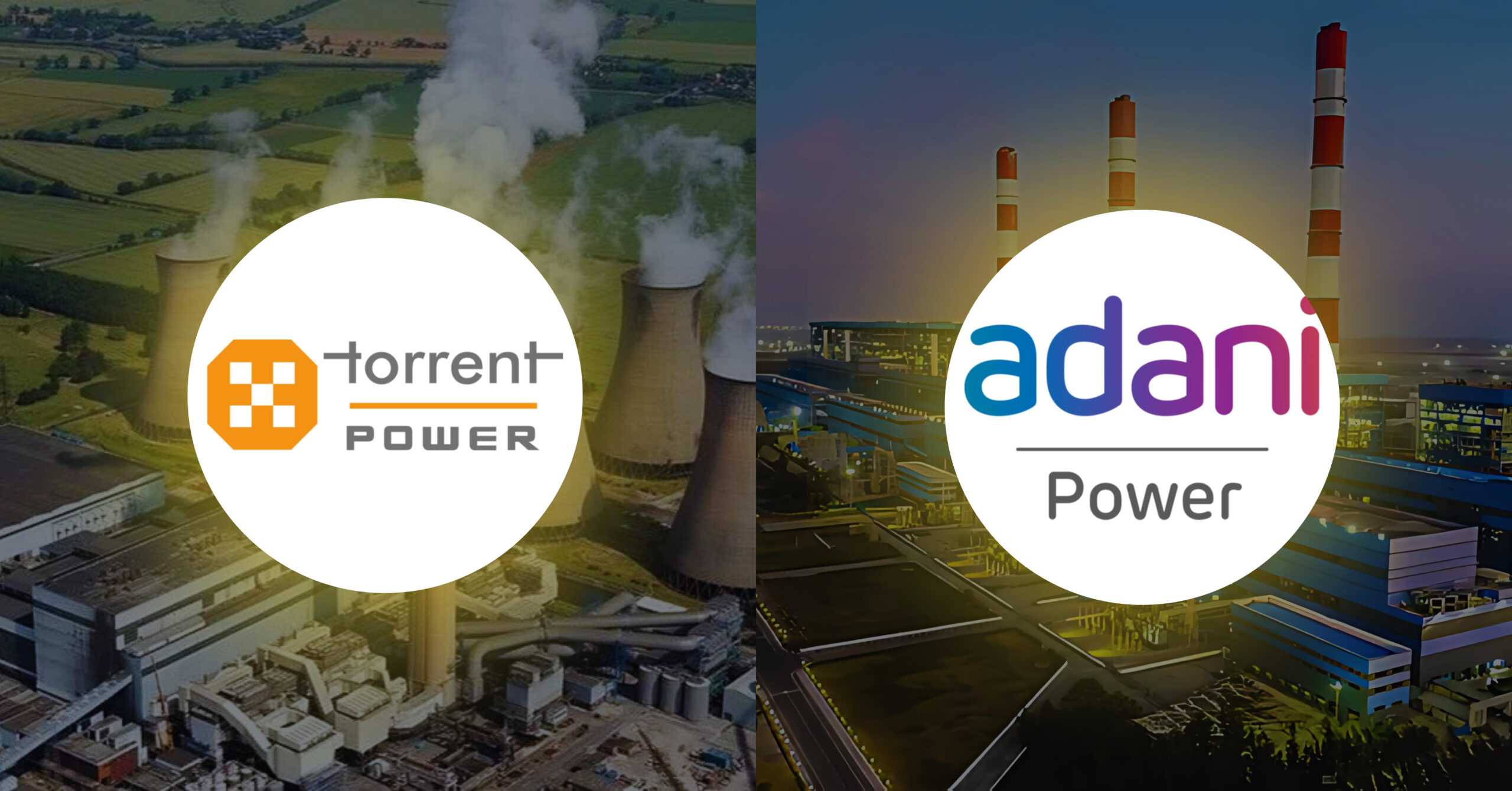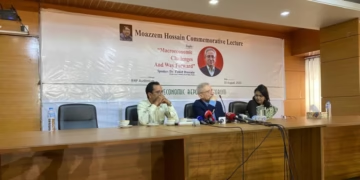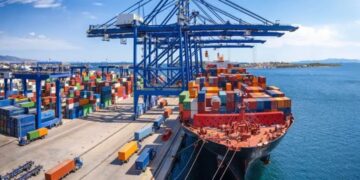The government of Bangladesh recent decision to raise gas tariffs by 33% has sparked concern among economist, industrialists, and foreign investors. It’s timing to take move which is necessary from a fiscal standpoint and scale has raised significant questions about this country’s competitiveness. For new industrial connections has increased from TK 30 to TK 40 per cubic meter, while captive power users will now pay Tk 42 instead of TK 31.5 per cubic meter.
Gas strategy clashes with investment goals
Energy sector of Bangladesh depends on natural gas, which has been a relatively cheap and abundant domestic resource. Declining domestic gas reserve and increasing demand have led to a growing dependence on imported LNG( Liquefied Natural Gas).
The energy shortage and reduce fiscal pressure from subsidies, government has been gradually increase gas tariffs.33% hike specifically targets new industries and captive power consumers. Bangladesh Investment Summit 2025 follows this decision, an event aimed at attracting foreign investment.
Investment climate is influenced by several factors such as strategic location, large workforce and government incentives. They faces challenges such as infrastructure limitations, bureaucratic delays and concerns about policy stability which can affect investor confidence. This recent gas tariff hike which is introduced a new element of uncertainty regarding energy coasts.
Read More: Bangladesh Receives $1.97 Billion Remittance in 21 Days of April, Marking 40% Growth
•Government hikes gas price 33% for industries, captive power plants
•Government push to attract inventors may face a setback
•Reduced competitiveness as a regional manufacturing hub
•LNG import tax rates high among Bangladesh 37%, Vietnam 2.75%, India 2%
•LNG tax a revenue tool, not industry support
•High tax contradicts interim govt’s pledge to cut business costs
•Author blame global price, subsidy but overlook system loss
High LNG duties threat industrial growth
Efforts to attract investment have been hampered after the Bangladesh Energy Regulatory Commission (BERC) decided on April 13 to increase gas prices for new industries and captive power plants by 33 percent. This decision conflicts with the Bangladesh Investment Development Authority’s (BIDA) initiative to develop the country as a manufacturing hub.
This price hike could also weaken the country’s regional competitiveness. For example, Vietnam and India charge only 2.75 and 2 percent tariffs on LNG imports, respectively, while Bangladesh charges 37 percent. This increases the cost of doing business, despite the government’s promises to reduce costs.
Critics say that the LNG duty has now become a means of collecting revenue rather than supporting the industry. In the 2023-24 fiscal year, Petrobangla paid Tk 8,638 crore in duty alone—Tk 2,500 crore more than the subsidy provided by the government.
Read More: Harvard vs. Trump Administration: A Legal Battle Over Research Funding
Why gas prices are high?
Several reasons why gas prices are high, because of increased reliance on LNG imports, volatile global energy market, high import tariffs and taxes, current devaluation, systemic inefficiencies and losses, IMF loan conditions, government policy to reduce subsidies, stalled domestic exploration and also increase gas demand.
•2023-24 fiscal year, with a market value of about Tk 2,945 crore, Titas Gas Company alone lost 1,200 million cubic meters of gas
•2024-25 fiscal year, gas wastage or system loss was 13.53 percent, while the acceptable limit is only 2 percent.
Gas price hike defies cost logic and alarms investor
There are significant differences between global market and local market when it comes to gas prices. In global market, primarily driven by international supply and demand dynamics, geopolitical events have a substantial impact on global gas price, transportation costs, long-term contracts and the spot market is traded through both side. In local market price, country’s domestic gas production is declined, government policy and subsidiaries, import exchange rate, infrastructure and distribution costs.
The price of LNG per MMBTU is $13.12.By depending on this import, the price of gas was 56.6 taka per cubic meter. Imported LNG accounts for only 30 percent of the country’s total gas supply and the remaining 70 percent comes from domestic gas fields.
On April 16,the total 2,717 million cubic meters of gas supplied to the country,834 million cubic meters came from imported LNG.As of April 7, the spot rate was $3.97, which would have meant that the price of domestically produced gas should be Tk 29 per cubic meter. If we calculate this for state-owned power plants only, the price would be Tk 24.5.Despite having many cheaper gas sources, the government has increased gas prices for industrial and captive power plants by 33 percent from Tk 30 to Tk 40 from April 13.
Costs are bordering the industrial sector, not solving structural problems
The main reason why Bangladesh can’t compete with other countries because of the policy of increasing tariff. In energy-dependent countries, governments typically take various safeguards to manage market volatility. As
•India set the domestic gas price at $7.80 in March, even though it was importing it for $13.40 at the time.
•In February 2023, Bangladesh sets high prices and the price of gas in the industrial and power sectors jumped from 14 taka to 30 taka—an increase of 114 percent.
•In August 2022,LNG prices in the spot market peaked at $54 per MMBTU.
•In March 2023, it dropped to $13.
•In March 2024The price fell further to $9, but rose again to above $13 at the beginning of the year.
What should be the Fair price?
Fair price for natural gas in Bangladesh is a complex issue because there are several factors why can’t fixed a fair price. Such as, affordability, value for money, stability and predictability. The perspective of the government and energy companies as cost recovery, reducing subsidies, investment in infrastructure, financial visibility.
Bangladesh Textile Mills Association President Shawkat Aziz Russell said, “This price is not acceptable in any way.” According to him, it is possible to reduce the price of gas to within 20 taka per cubic meter.
BERC held public hearings before raising prices, but industry leaders said in February that the authorities were unable to justify the price hike. Their views were not taken seriously even though prices are currently stable in the global market. Experts have long been urging the government to intensify gas exploration. But drilling activities are still on hold. Even if new wells are drilled, it could take years to see results. So for now, LNG is the only option.
Conclusion
Economic sustainability requires tough decision like energy price rationalization. The government must strike a careful balance which maintaining it’s growth. Fiscal responsibility without sacrificing industrial growth, a tariff strategy that is offering subsidies for key export sectors and increasing transparency in energy policy could help cushion the blow.



















